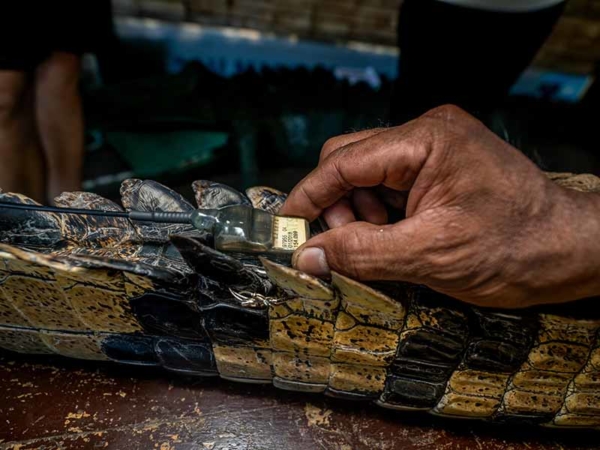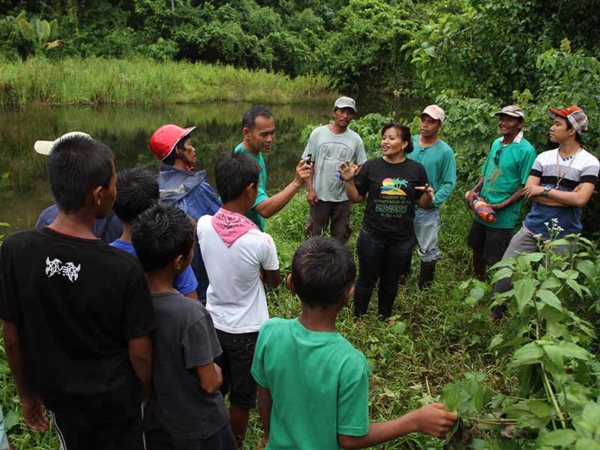Asian Species: Advancing Knowledge
Successful conservation relies on in-depth understanding of species and ecosystems. To underpin conservation efforts for Southeast Asia’s wildlife, it is essential that better knowledge and data are gathered and disseminated.
As long as gaps in the data for Southeast Asia remain, the chances of species being wiped out by accident will continue to be worryingly high. The highest priority is to complete and maintain data for two key International Union for Conservation of Nature (IUCN) Standards: the IUCN Red List of Threatened Species and Key Biodiversity Areas.
Synchronicity Earth is helping build the knowledge base on Asian Species by:
Supporting the completion and/or updating of IUCN Red List assessments.
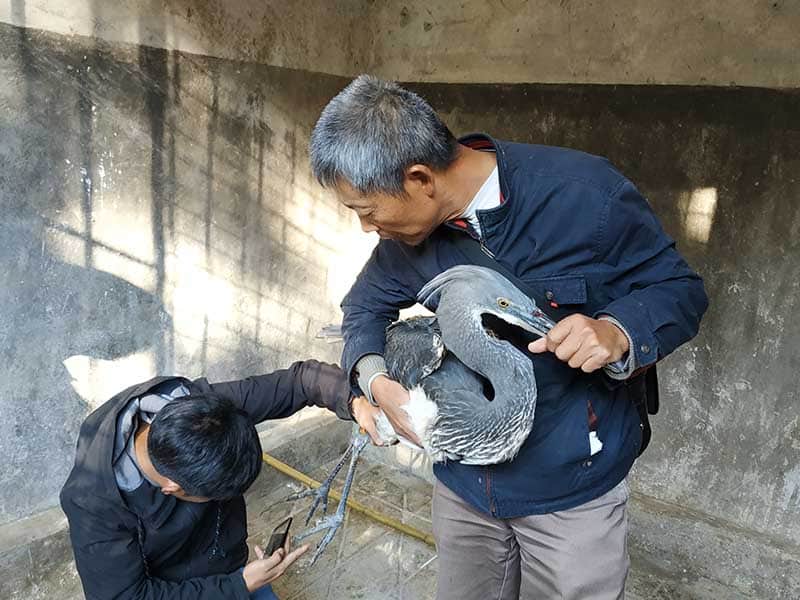
IUCN Red List assessments are the best tool we have to understand current threat levels for species around the world. Filling gaps in knowledge by making sure that species are assessed and that assessments are kept up to date is vital in the struggle to conserve species in Southeast Asia.
Facilitating the designation, recording and protection of Key Biodiversity Areas (KBAs), particularly those triggered by Critically Endangered species.
Key Biodiversity Areas (KBAs) are becoming the most coherent and widely accepted mechanism for recognising major sites of significance for biodiversity. They feed into government and private sector policies and standards, such as those of the World Bank and regional development banks.
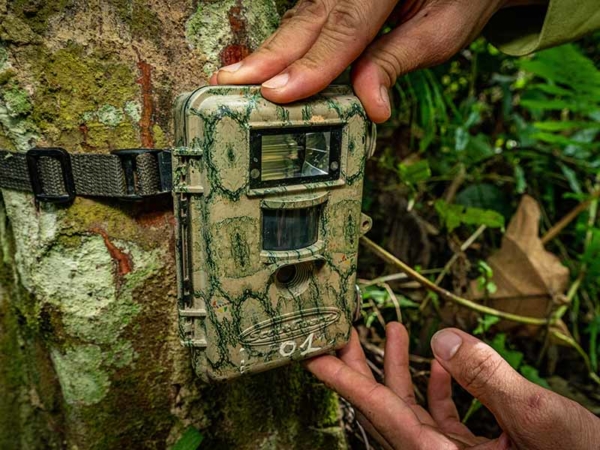
Supporting vital research into key species, taxonomic groups, threats, and conservation solutions.
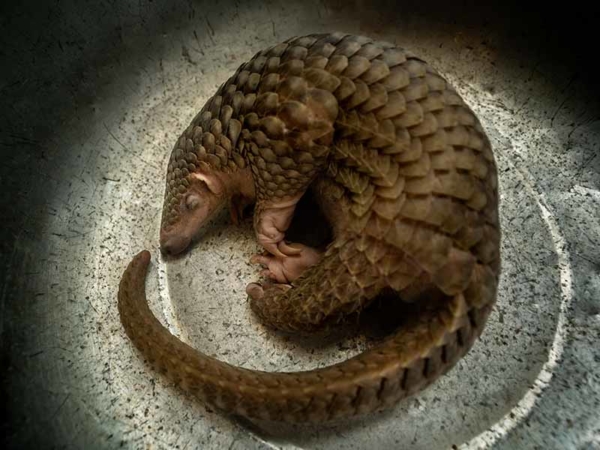
Many of the most threatened species in Southeast Asia are very poorly known. For example, for many species there is limited knowledge of their distribution in the wild, habitat requirements, breeding ecology, or threats to their survival. Synchronicity Earth will support applied research across these key areas so that more effective conservation projects can be developed.
* Images (L to R): Han Lianxian; Chris Scarffe; Chris Scarffe
“Data from the IUCN Red List of Threatened Species show that most groups of species so far studied are more threatened in Southeast Asia than elsewhere. Compared with other parts of the tropics, Southeast Asia has a higher proportion of its plant, reptile, bird and mammal species categorised as globally threatened.”
(IUCN 2019)
Understanding biodiversity
Partner Profile: The KBA Partnership
Key Biodiversity Areas (KBAs) are becoming the most coherent and widely accepted mechanism for recognising major sites of significance for biodiversity. KBAs are based on a standardised methodology (the KBA Global Standard, IUCN 2016) which can be universally applied to scientifically assess the biological importance of a site against threshold-based criteria.
The Key Biodiversity Area Partnership is composed of 12 organisations that take the lead in identifying and designating KBAs worldwide. The Partnership also develops and manages the online World Database of Key Biodiversity Areas and the KBA communication outputs, as well as coordinating the KBA regional focal points who play a critical role in the process to confirm sites as KBAs. The Partnership is overseen by the KBA Committee, the chair of which is a member of the Synchronicity Earth team.
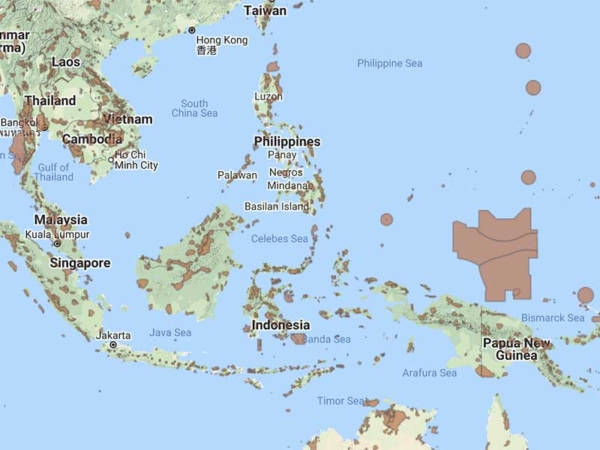
Key Biodiversity Areas in Southeast Asia
“I am delighted to see the conservation community coming together to agree on this common purpose which will result in conservation action being focused in many of the sites I have had the privilege to visit over my lifetime. I wish them every success in achieving this.”
Sir David Attenborough, (Foreword, KBA Strategic Plan 2018 – 2024)

